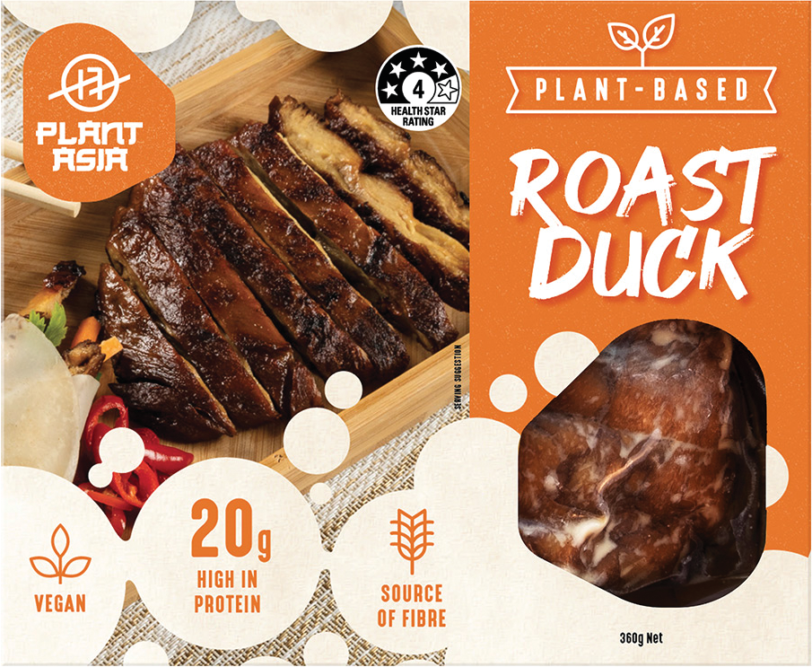It’s no secret that food culture is changing at a rapid pace and consumers are showing an increasing curiosity and motivation to try great tasting, plant-based proteins across a spectrum of lifestyles.
This curiosity and people’s aspiration to achieve more balance with the food they eat have allowed plant-based protein products to grow in popularity in people’s food routines.
Chris DuBois, senior vice president, protein practice leader for IRI, noted that while plant-based meat had big growth over the years, reaching $1.2 billion, the combination of too many entrants, an abundance of SKUs and some consistent headwinds put a ceiling on the long-term size of the category.
Sales in the case are all about patties, followed by ground and meatballs, and there has been little else making noise.
“Today, we’re seeing a lot of churning, as some brands and SKUs are being discontinued and the stronger brands are repositioning around price and value to the consumer,” he said. “For the category to grow faster again, we need to see different forms emerge and I think we’re going to need ingredient labels that are simpler for consumers to read. Not everyone wants patties all the time and consumers that are using plant-based meat alternatives as a health and wellness food want the ingredients to be transparent and clear. I think the meat alternative brands can solve for this, but it just takes time.”
Global research company Veylinx recently completed a study on plant-based meats and found that while the industry might be reaching a level of saturation for some products—especially burger patties and hot dogs— there are still plenty of opportunities for innovative brands to drive plant-based revenue growth.
Plant-based meats will usually be infused with vitamins and nutrients to compensate for real meat, so you get the same protein content but packed with all the nutrients, essential oils, and fatty acids for a more balanced meal. The lack of cholesterol also makes plant-based meat significantly healthier than real meat, which helps to prevent issues affecting the heart later in life.
Who Is buying?
When it comes to plant-based meat sales, Gen X and millennials dominate most of the spending, and it’s primarily higher-income Gen X, according to IRI data.
“There are three dimensions that activate consumers and tend to be the ‘why’ behind the buy,” DuBois said. “Some consumer groups view plant-based meat as healthier. So, the health and wellness dimension capture some of the buying activity. Some consumers lean on a different dimension around animal welfare and by eating plant-based, they believe they are making an impact on animal welfare. Climate impact is a third dimension as some consumers believe plant-based foods to be more sustainable.”
Younger consumers favor government policies to shift consumption habits, while taste and cost are the two most important drivers when it comes to convincing consumers to eat more plant-based products overall.
Perdue has seen ongoing demand for plant-based meats and offers limited fully plant-based products under its Yummy! brand and has a larger effort with its Perdue Chicken Plus brand.
“We knew that consumers, especially younger consumers, are looking for more plant-based options and also simply looking to increase their vegetable intake,” a spokesperson for the company said. “Perdue Chicken Plus is our product line that boosts white chicken breast meat with vegetables and high-quality plant protein, making it ideal for flexitarian families who are hungry for new ways to fill the vegetable void without sacrificing flavor or nutrition.”
In the Veylinx study, it determined that plant-based proteins with meat-like properties, the word “Meatless” beats “Vegan” and others when it comes to labels.
Still, vegan versions of family favorites such as burgers, chicken nuggets, and hot dogs continue to sell well, according to IRI data.
Oliver James, from the website veganfocused.com, said that despite rocky market conditions and supply issues caused by the pandemic, sales of plant-based foods grew 6.2 percent in 2021.
“This is due to consumers’ desire for more options that align with their values around animal welfare,” he said. “On top of this, personal health and environmental concerns also come into play. Indeed, people of all ages are purchasing plant-based products, but it’s particularly popular among millennials and Gen Z.”

